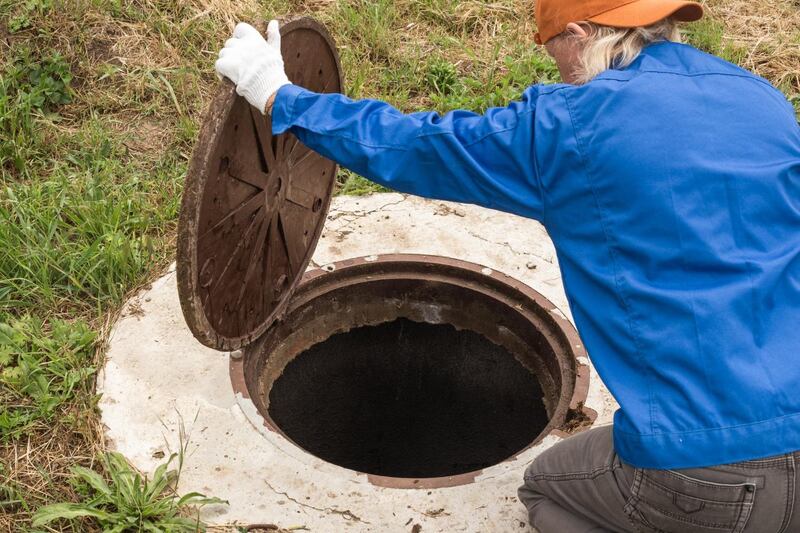
22
A septic alarm is a crucial component of any septic system, designed to alert homeowners to potential issues before they escalate into costly and messy problems. When the alarm sounds, it indicates that there is a problem with the system that requires immediate attention. Understanding the causes of a septic alarm and knowing how to address them can help homeowners avoid disruptions and ensure the proper functioning of their septic systems.
A septic alarm serves as an early warning system for potential issues with the septic system, signaling the need for immediate attention. By understanding the common causes of a septic alarm and knowing how to address them, homeowners can prevent disruptions, avoid costly septic tank repairs, and ensure the proper functioning of their septic systems for years to come. Regular maintenance, including septic tank cleaning, repair, and installation services provided by Charlotte Septic Pros is a great factor for the health and longevity of the system.
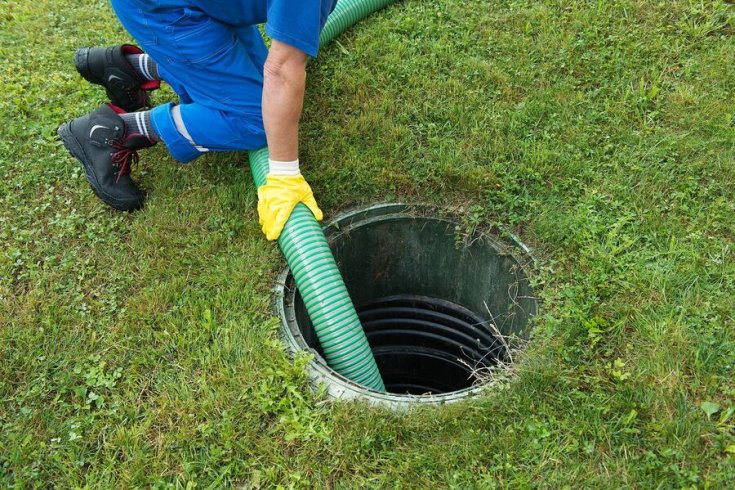
18
Reliable and Affordable Septic Services A properly functioning septic system is essential for any home or business that relies on…
Read more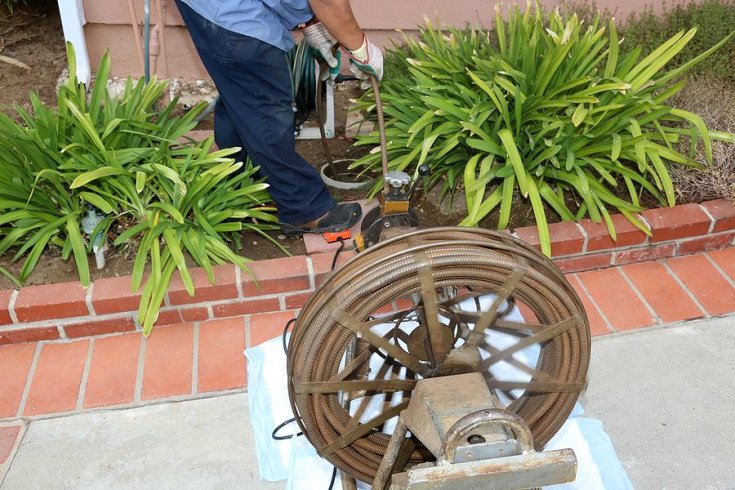
09
Signs and Solutions for a Failing Drain Field Your septic system plays a critical role in managing household wastewater, and…
Read more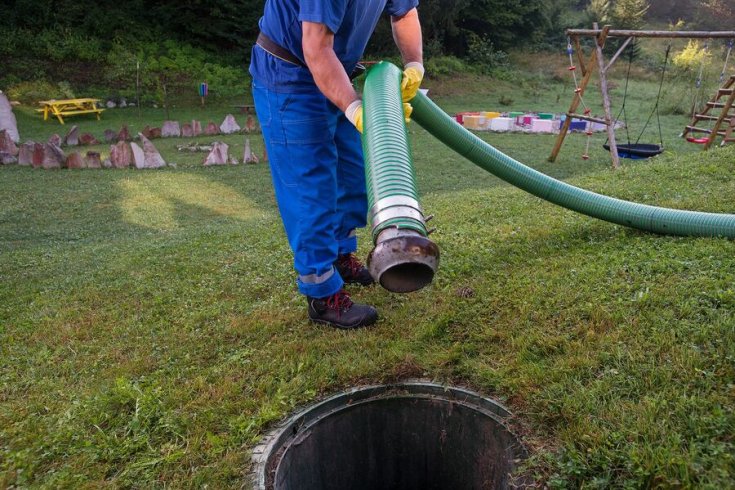
03
A Newbie’s Guide to Septic Pumping If you’re new to homeownership and have a septic system, you might be wondering…
Read more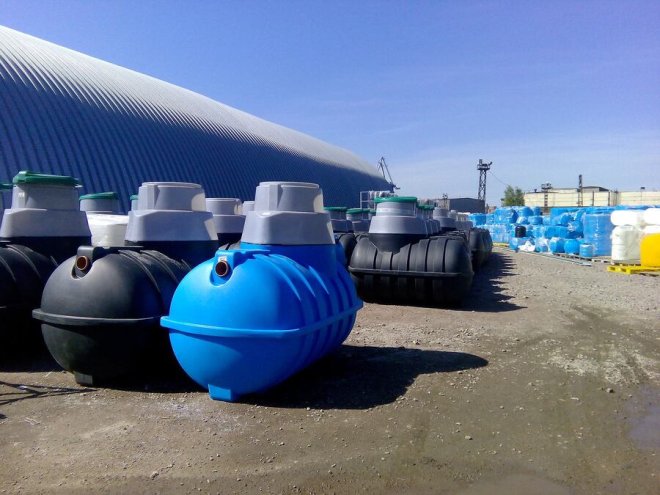
28
How to Prepare for Septic System Installation Installing a septic system is a major investment for any property that lacks…
Read more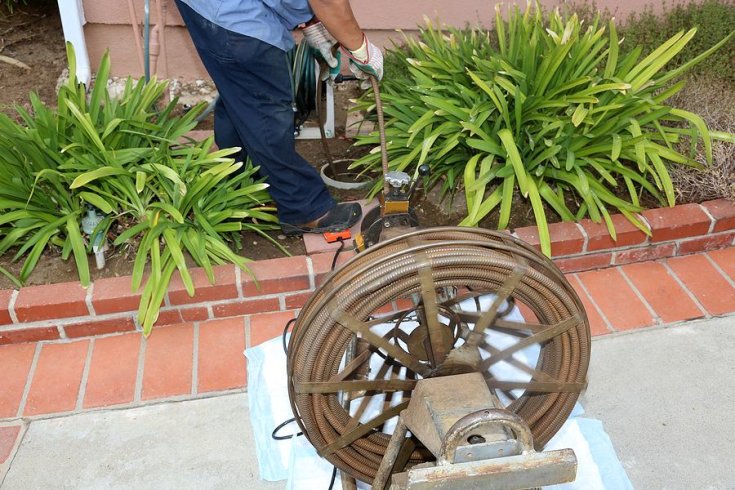
20
How Main Drain Cleaning Can Prevent Sewer Backups Sewer backups are one of the most unpleasant plumbing emergencies homeowners can…
Read more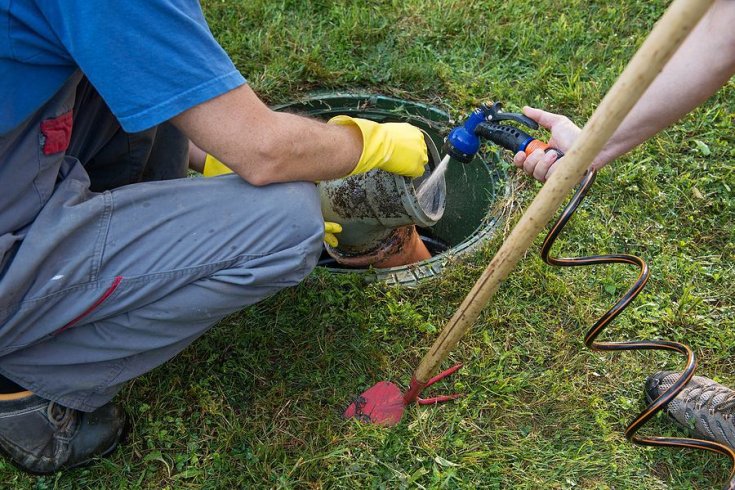
13
What to Do When You Have Drainage Problems Drainage problems can be frustrating and cause serious damage if left untreated.…
Read more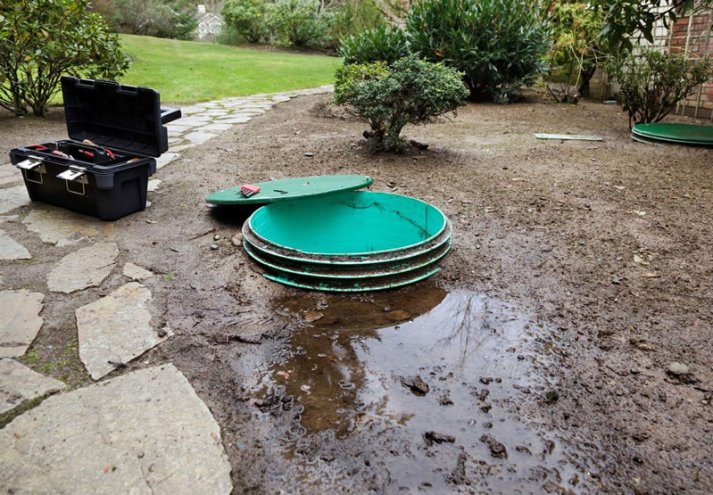
04
Signs and Causes of Septic Leaks A leaking septic system can pose serious health and environmental risks. If left untreated,…
Read more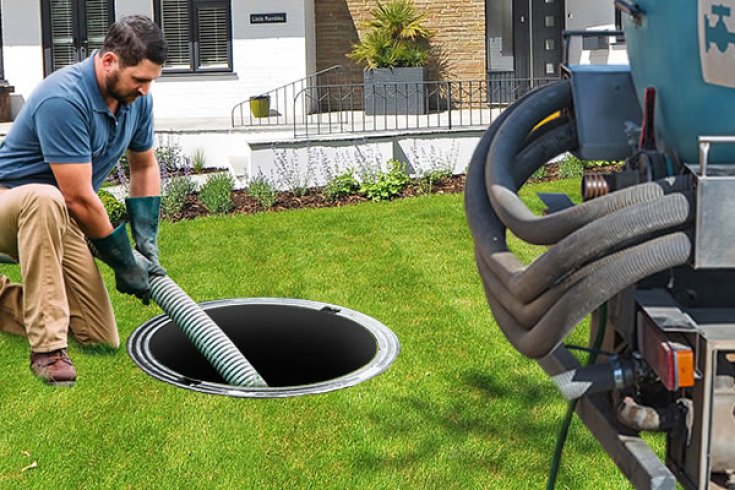
02
Unusual Septic Tank Blockages: Keeping Your Septic System Healthy A properly functioning septic system is crucial for any home or…
Read more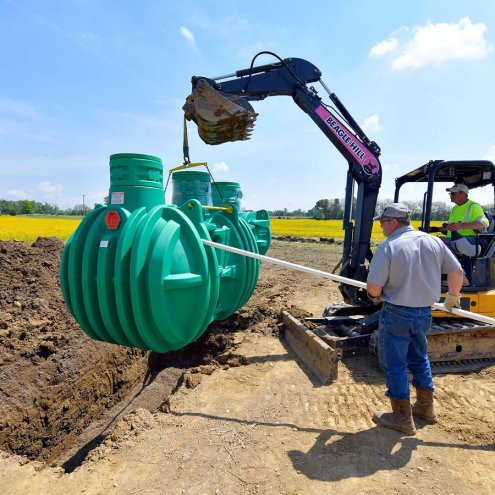
23
Seasonal Weather and Septic Systems Tank Your septic system plays a vital role in managing household wastewater, but seasonal weather…
Read more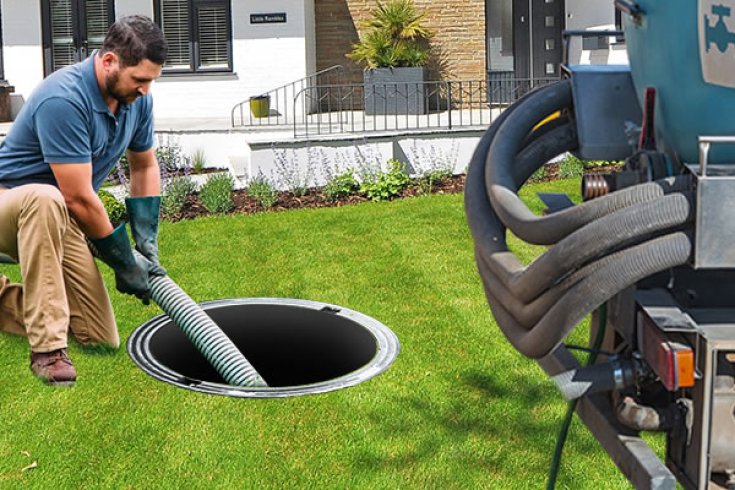
15
Why Toilet Paper Matters to Your Septic Tank Many homeowners don’t give much thought to their toilet paper—until it starts…
Read more